Shibu Soren: Tribal Identity and the Debate on Bharat Ratna
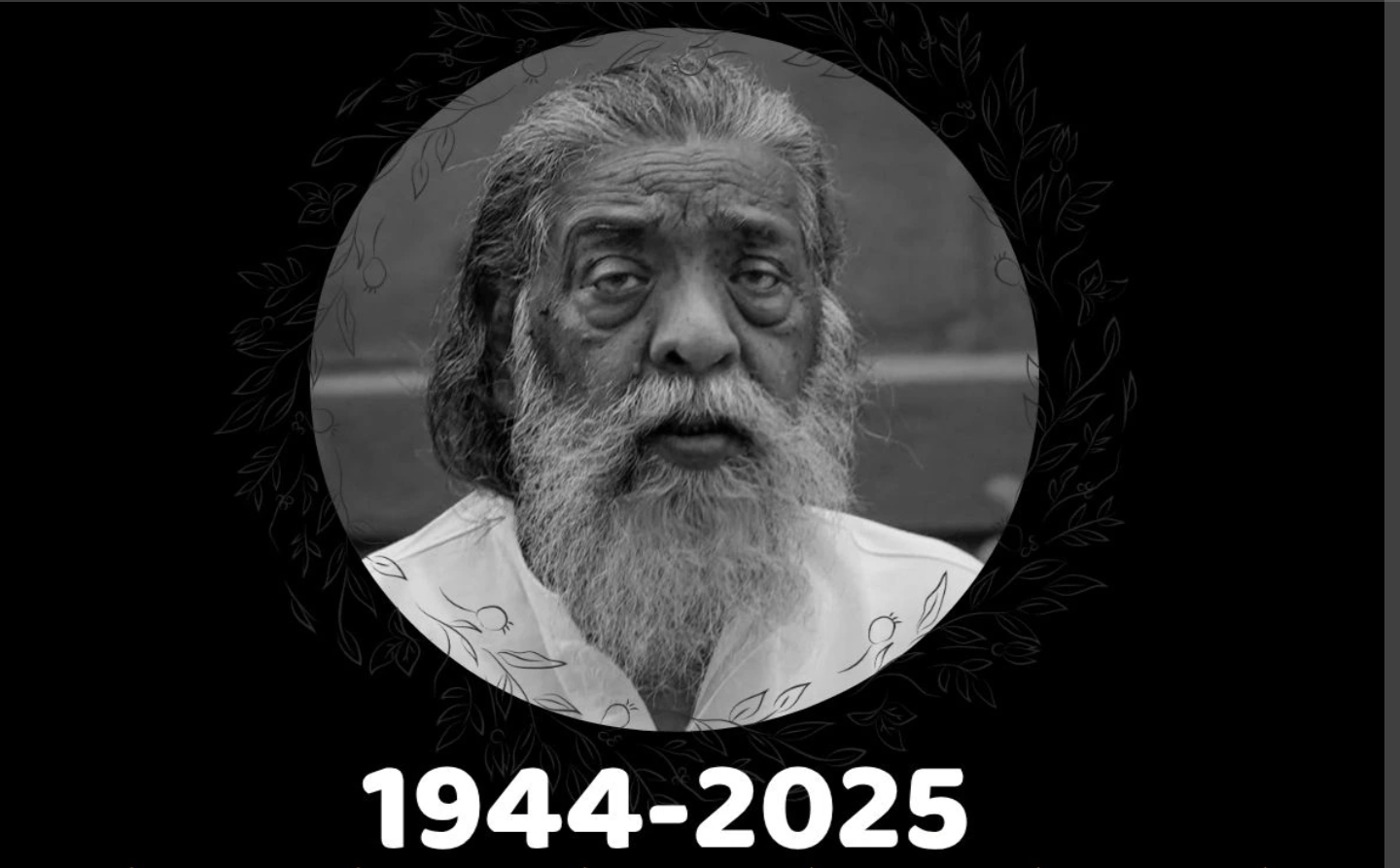
The Bharat Ratna is not merely a decoration or an award; it is the nation’s highest recognition of an individual whose life has sought to alter the course of India’s destiny. Whenever the name of Shibu Soren, the former Chief Minister of Jharkhand and a legendary leader of the tribal community, arises in the context of this honour, the debate goes far beyond a single individual.
This becomes the voice of millions of Adivasis whose identity, struggles, and resilience have endured for centuries. The life of Shibu Soren, known lovingly as Dishom Guru, is itself a symbol of this long struggle and awakening.
Fondly addressed as Dishom Guru, Shibu Soren’s life embodies extraordinary struggle and deep social consciousness. Born on 11 January 1944 in Nemra village of the then Hazaribagh district (now Ramgarh), his childhood was marked by immense hardship. The brutal killing of his father at the hands of landlords and the mafia ignited in the young boy a lifelong fire against injustice. That fire later transformed him into a leader of his people. His first and final dream was simple yet profound: that water, forests, and land must remain in the hands of those who depend on them. This dream made him a mass leader, revered as Guruji and Dishom Guru. In the Santali language, Dishom means “nation or community” and Guru means “guide.” Indeed, he emerged not just as the guide of his people, but as a living symbol of their collective consciousness.
His struggle was never confined to electoral victories and defeats. He founded the Jharkhand Mukti Morcha (JMM) and united the Adivasi community under one banner. At a time when tribal voices were routinely silenced, Guruji ensured they resonated from the streets to the Parliament. He turned the fight for jal, jungle, zameen (water, forest, and land) into a mass movement. When Jharkhand was carved out as a separate state on 15 November 2000, it was not merely a redrawing of the map; it was a historic moment for Adivasi identity. Among the chief architects of this transformation, the name of Shibu Soren stands foremost.
Even after the creation of Jharkhand, his struggle did not end. He consistently argued that the state’s abundant natural resources must first benefit its own people. Again and again, he asked why, if Jharkhand’s soil, coal, and minerals were strengthening India’s economy, its youth should remain unemployed and its farmers impoverished. His vision always reflected the pain of the common man. Perhaps this is why, despite having held the highest offices as Chief Minister and Union Minister, his life remained remarkably simple and unpretentious. To this day, villagers see him as one of their own.
When one considers the demand for Bharat Ratna, it is important to remember that the award is reserved for individuals who have left an indelible mark on politics, society, literature, or science. By this very measure, Shibu Soren’s contributions stand tall. He brought tribal politics into the national mainstream, instilling in his community the belief that their voices could reach Delhi and shape India’s future. His legacy is not confined to one region; it represents an effort to make Indian democracy more inclusive and reflective of its diverse soul.
It is true that Shibu Soren’s political life has not been free from controversy. He has faced accusations, trials, and difficult times. Yet it is equally true that his legacy is far greater than these episodes. The real measure of his life lies in what he gave to his people and how he reshaped the direction of Indian politics. If controversies alone defined leaders, many of those honoured with the Bharat Ratna in the past would never have received it. History judges a life by its entirety, not by its fleeting shadows.
The demand to honour Shibu Soren with the Bharat Ratna is not just the voice of Jharkhand; it is the collective voice of India’s tribal communities. Such recognition would not only honour one man but would symbolically uplift an entire community that has endured exploitation and neglect for centuries. It would affirm that their identity and culture are valued at the highest level of the nation. Just as the recent conferment of the Bharat Ratna on Karpoori Thakur gave backward and marginalized communities a sense of recognition, awarding it to Shibu Soren would mark a historic acknowledgement of tribal politics and identity. It would not be merely Jharkhand’s victory, but a step towards enriching the very soul of India.
Today, in the villages of Jharkhand, the question echoes: will Dishom Guru be honoured with the Bharat Ratna? For the people, such recognition would not be a mere award, but a festival of tribal pride. For the youth walking the path of struggle, it would be a source of inspiration. For farmers fighting to protect their land, it would bring solace. And for mothers aspiring for a brighter future for their children, it would provide confidence that their sacrifices hold meaning.
The Bharat Ratna achieves its truest essence when it embraces the diversity and resilience of the Indian nation. Awarding it to Shibu Soren would not only honour Jharkhand, but also enrich the soul of India. It would affirm that India’s heroes do not emerge only from cities and centres of power, but also rise from villages and forests.
Shibu Soren’s life teaches us that the fight for justice and equality is never in vain. If honoured with the Bharat Ratna, it would not only be justice to history, but also a lasting message to future generations: that the soul of India resides in every village, hill, and forest and that soul is truly worthy of being called a Bharat Ratna.
(Author, a civil engineer by training, is a regular columnist on social-political issues.)

 2 weeks, 6 days ago
2 weeks, 6 days ago

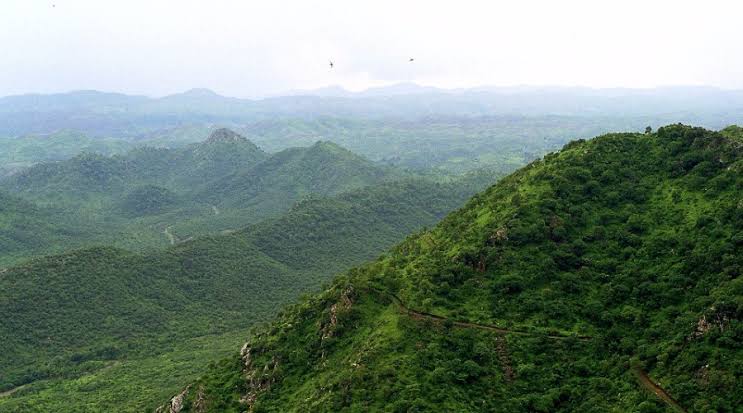


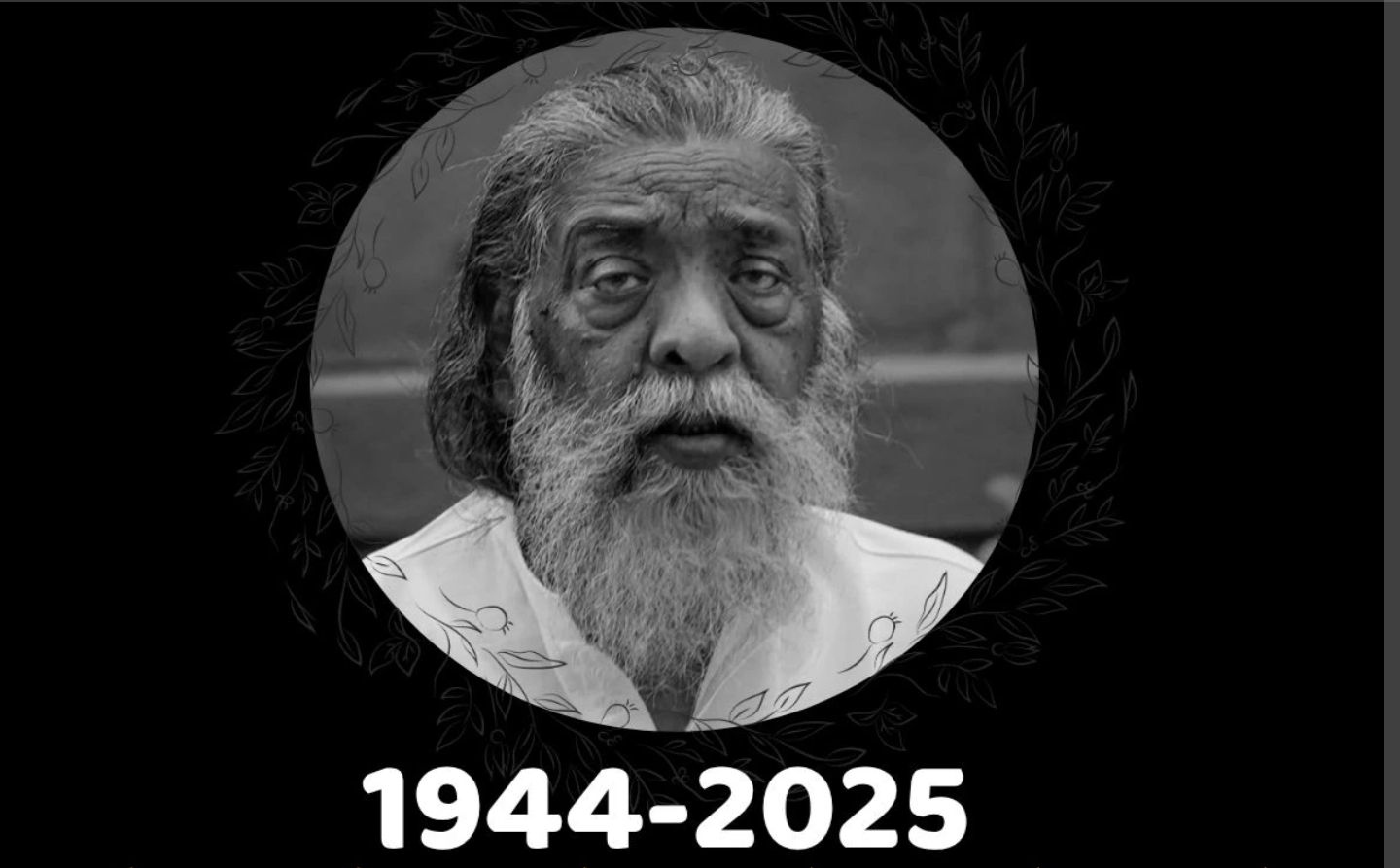
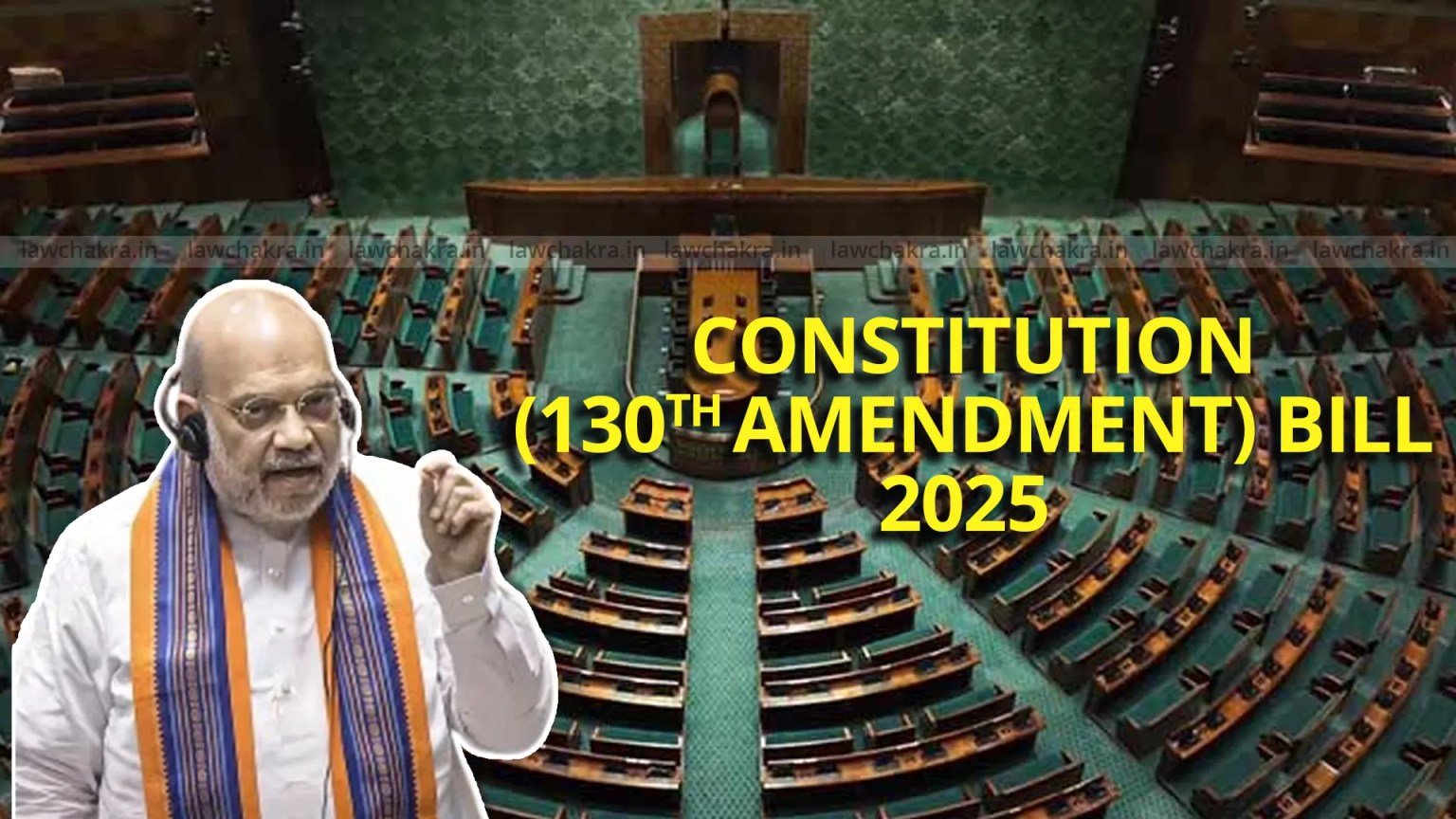


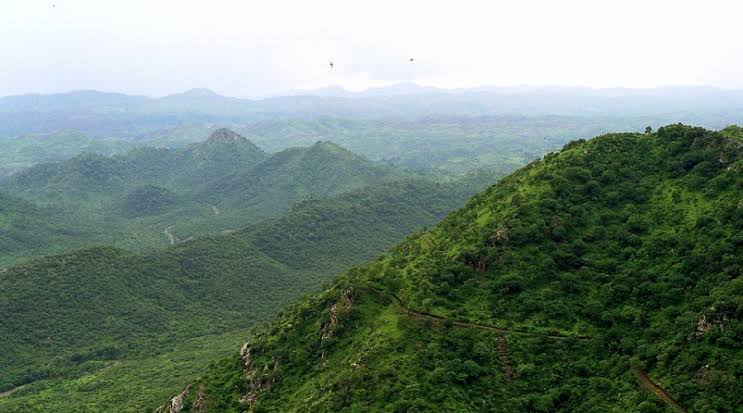


[[comment.comment_text]]